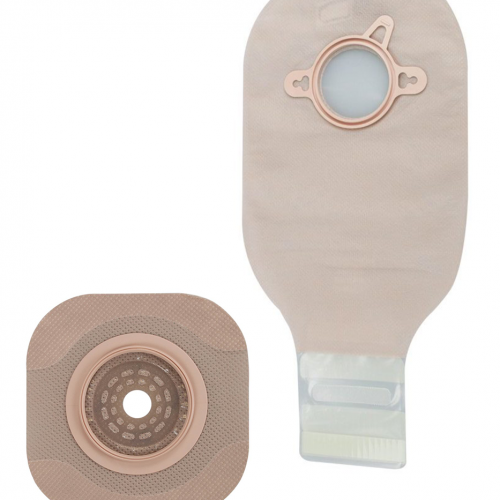MedicalResearch.com Interview with:
William D. Chey, M.D., F.A.C.G.
Director, Division of Gastroenterology
Michigan Medicine Gastroenterology Clinic
Ann Arbor, Michigan
MedicalResearch: What is the background for this study? Would you tell us what is meant by Functional Dyspepsia?
Response: Functional dyspepsia (FD or meal-triggered indigestion) is a very common disorder affecting 11 percent - 29.2 percent of the world’s population, making it comparable in prevalence to Irritable Bowel Syndrome (IBS). However, unlike IBS, there is no FDA approved product to treat FD. Sufferers are often treated off-label with prescribed proton pump inhibitors (PPIs), histamine type-2 receptor antagonists (H2RAs), antidepressants, and prokinetics. While offering relief to a portion of FD patients, some of these have been associated with adverse events. Functional dyspepsia can have a negative effect on workplace attendance and productivity, with associated costs estimated in excess of $18 billion annually.
In functional dyspepsia, which is typically recurring, meal-triggered indigestion with no known organic cause, the normal function and sensation of the stomach and intestines are altered. FD is accompanied by symptoms such as epigastric pain or discomfort, epigastric burning, postprandial fullness, inability to finish a normal sized meal, heaviness, pressure, bloating in the upper abdomen, nausea, and belching. When doctors diagnose FD, they often identify patients as those who have these symptoms for at least three months, with symptom onset six months previously.
Caraway oil and peppermint oil have a history of helping some patients with functional dyspepsia. In multiple clinical studies, the combination of caraway oil and peppermint oil has been shown to manage FD and its accompanying symptoms, such as reducing the intensity of epigastric pain, pain frequency, dyspeptic discomfort, and the intensity of sensations of pressure, abdominal heaviness and fullness significantly better than control
(more…)












